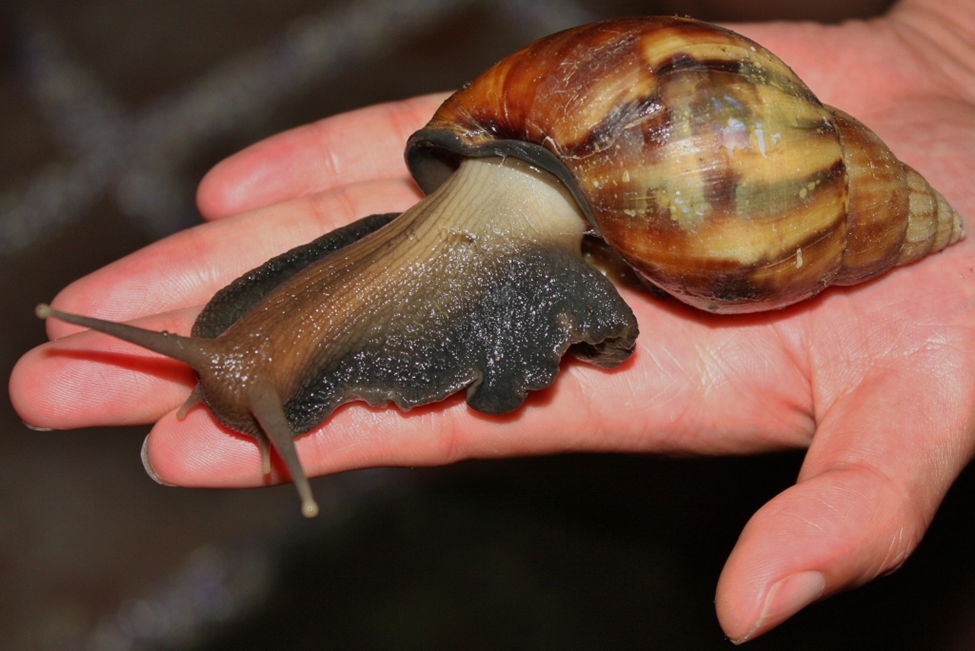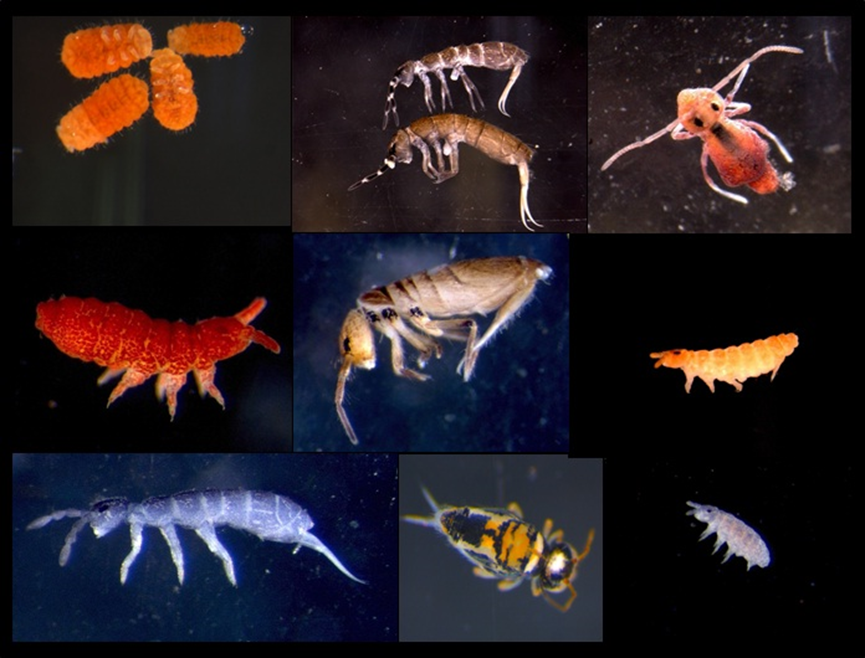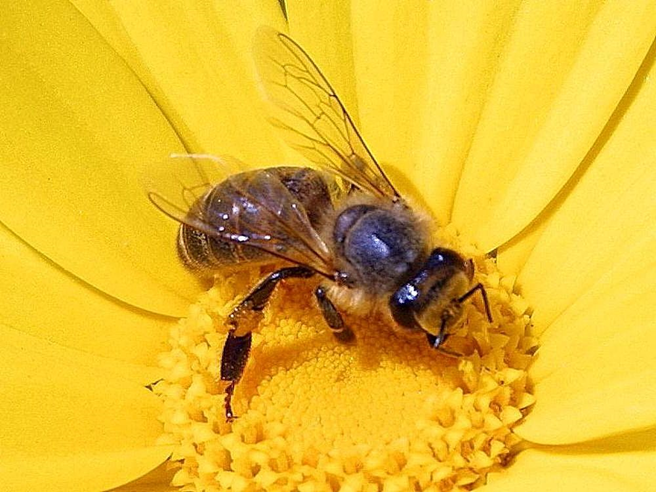Impacts of snails and slugs as alien species
Even though snails and slugs (gastropods) are some well-known agricultural pests, environmental systems are more vulnerable to alien gastropod impacts. A recent study by C·I·B Hons student, David Kesner and C·I·B Core Team Member, Dr Sabrina Kumschick, at Stellenbosch University on this topic was published in the journal Ecology and Evolution.



